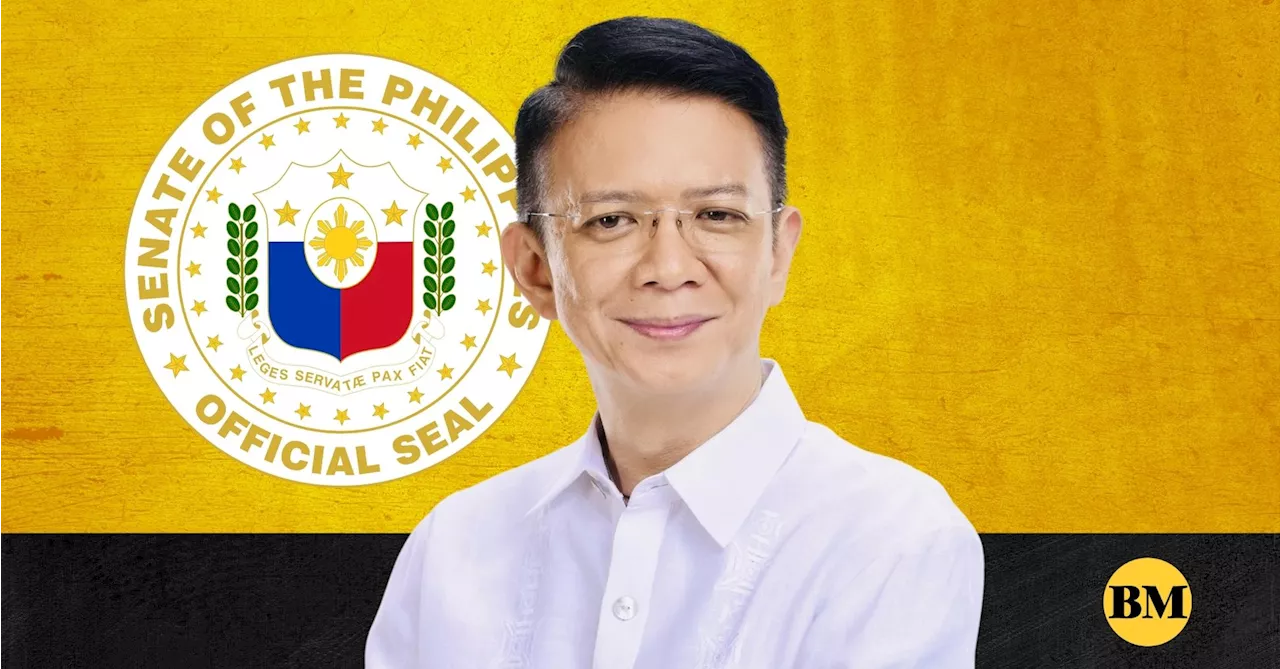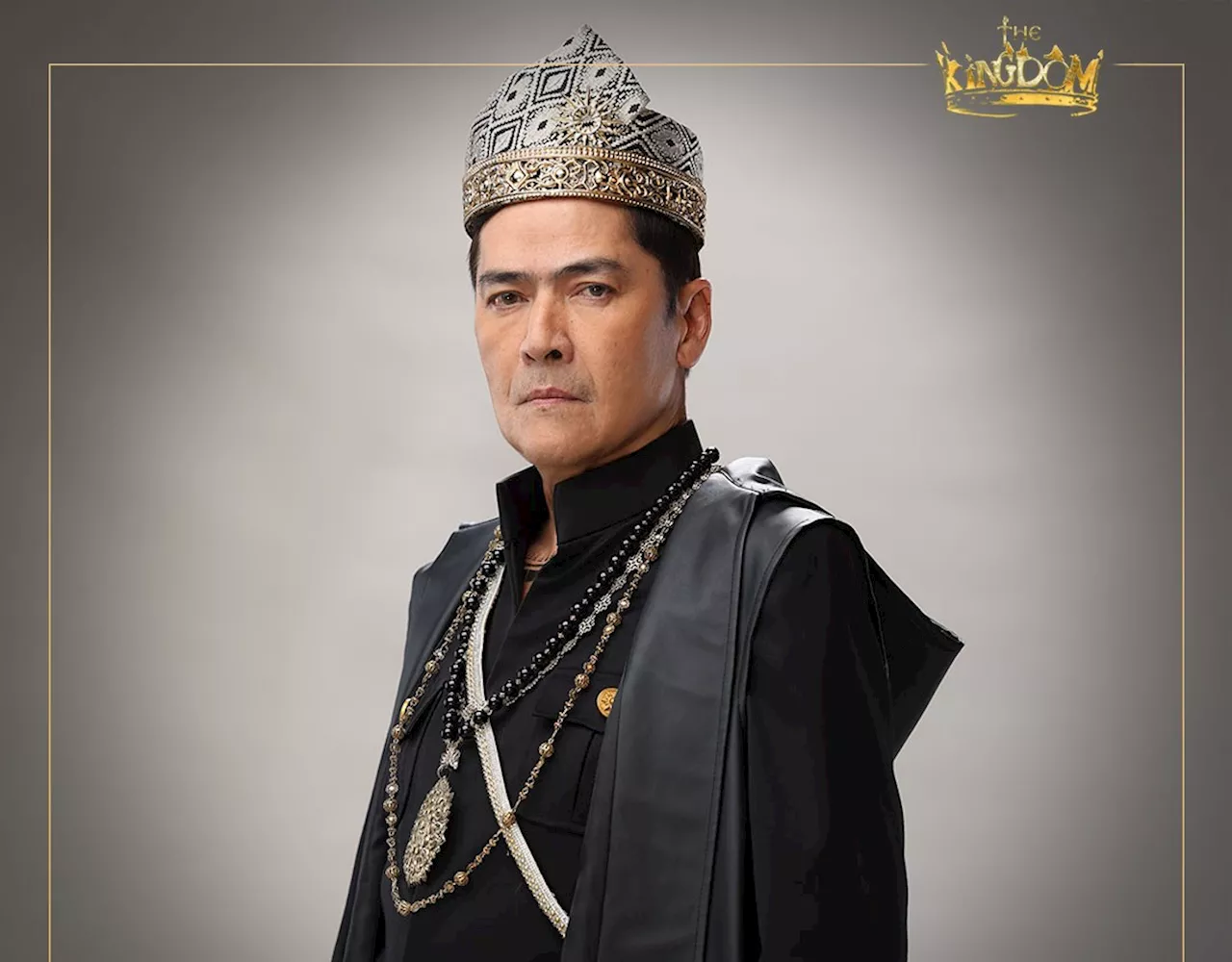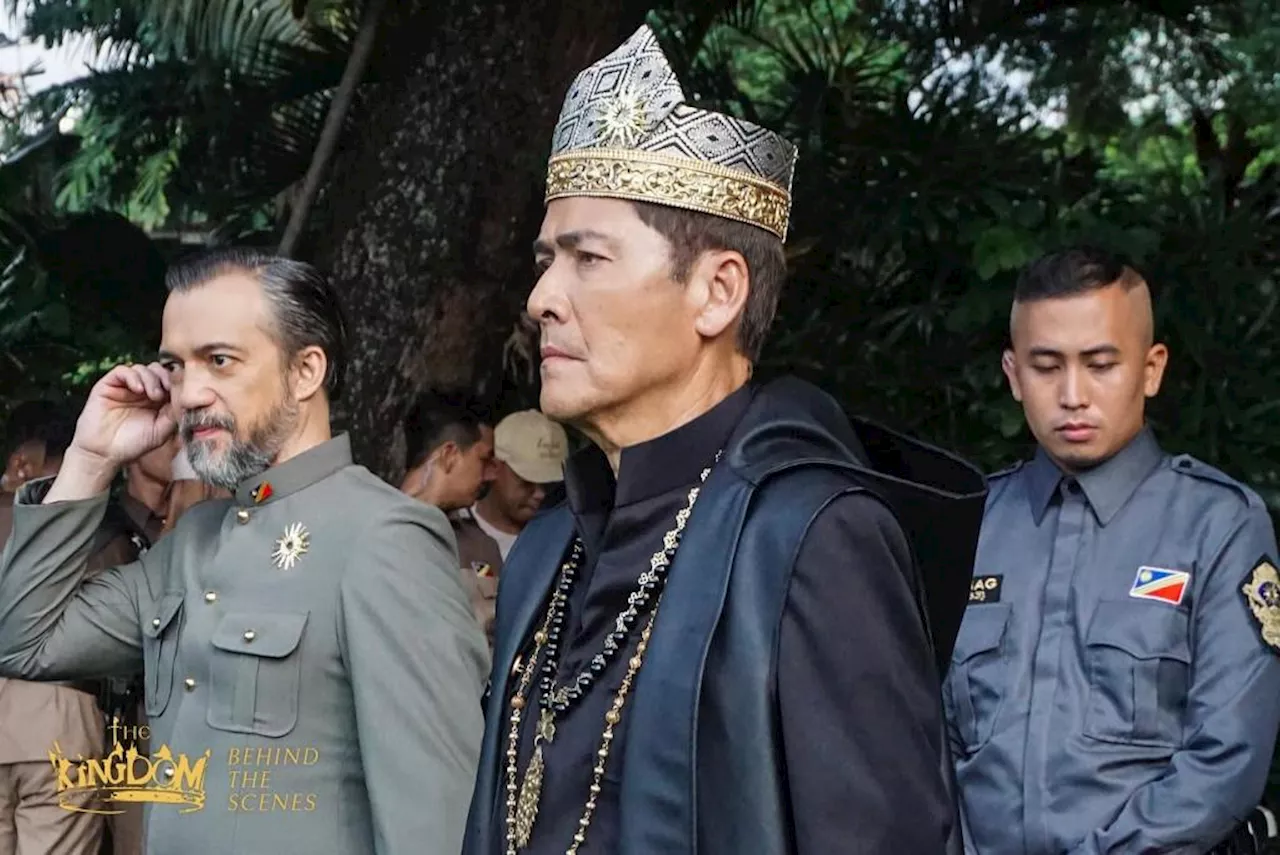This article, the third in a series, explores the role of the Philippine press in perpetuating corruption and failing to uphold democratic values. The author argues that the media has been more concerned with wielding power and personal gain than with serving the public interest.
Third of a seriesIn the first two parts of this series, I explained how the DDS, or 'Diehard Duterte Supporters,' morphed into existence after the May 2016 elections as an example of how social media platforms (i.e., Facebook) were overrun by 'social media famous' nobodies.
The throng who swarmed social media after 2016, however, had no sense of how important that moment was for Filipinos, mindlessly salivating over the personal gain that could potentially be had from this social media revolution.Consequently, social media became no different from the Philippine press, whom Singaporean leader Lee Kuan Yew chastised in 1988 as having essentially 'failed the Filipino people.' Lee lambasted the Filipino media's failure to lead important national discussions concerning economic growth and inequitable distribution. In a previous column, I similarly opined that journalists failed our people by lusting after partisan politics in the country, as an onrush of media men ran for public office while media networks maneuvered to become kingmakers in Philippine politics.Melinda de Jesus heralded the crucial role played by the Philippine press in fighting government corruption that 'contributed to the firing of corrupt officials, forced government agencies to investigate cases and even brought about the impeachment of a president (2000) and a chief justice of the Supreme Court (2011).' However, it was not an authentic crusade for justice. Rather it provided an opportunity for the media to flex its power to (make and) unmake the highest officials of the land and cultivated a sense of fear among politicians and businessmen about what they can do to them personally and their vital interests. It was an occasion to advertise media power, further emboldening media avarice to open more vistas for corruption.Had the Filipino press been true guardians of democracy, they would have sided with Sen. Joker Arroyo during the impeachment of Chief Justice Renato Corona in 201
Philippine Press Corruption Democracy Media Power Journalism
Philippines Latest News, Philippines Headlines
Similar News:You can also read news stories similar to this one that we have collected from other news sources.
 Philippine Troops Celebrate Christmas in West Philippine Sea OutpostThe Armed Forces of the Philippines (AFP) successfully completed a rotation and resupply (RoRe) mission to nine island features in the West Philippine Sea (WPS), delivering Noche Buena packages to troops stationed there. The missions, conducted from December 3 to 14, involved various naval assets from the AFP’s Western Command and were carried out amidst the presence of Chinese Coast Guard and PLA Navy ships in the vicinity. Rear Admiral Roy Vincent Trinidad, Philippine Navy Spokesperson for WPS, emphasized the importance of the mission in boosting troop morale and ensuring their continued presence in the WPS.
Philippine Troops Celebrate Christmas in West Philippine Sea OutpostThe Armed Forces of the Philippines (AFP) successfully completed a rotation and resupply (RoRe) mission to nine island features in the West Philippine Sea (WPS), delivering Noche Buena packages to troops stationed there. The missions, conducted from December 3 to 14, involved various naval assets from the AFP’s Western Command and were carried out amidst the presence of Chinese Coast Guard and PLA Navy ships in the vicinity. Rear Admiral Roy Vincent Trinidad, Philippine Navy Spokesperson for WPS, emphasized the importance of the mission in boosting troop morale and ensuring their continued presence in the WPS.
Read more »
 Cagayan de Oro struggles for its place in the Philippine-American War historyDespite efforts to raise awareness about Cagayan de Oro’s storied history, the usual apathy seems to affect even schoolchildren undertaking them as part of their history class requirements, says the curator of the city museum
Cagayan de Oro struggles for its place in the Philippine-American War historyDespite efforts to raise awareness about Cagayan de Oro’s storied history, the usual apathy seems to affect even schoolchildren undertaking them as part of their history class requirements, says the curator of the city museum
Read more »
 INFOGRAPHIC: A visual history of the most destructive Philippine earthquakesLatest Philippine news from GMA News and 24 Oras. News, weather updates and livestreaming on Philippine politics, regions, showbiz, lifestyle, science and tech.
INFOGRAPHIC: A visual history of the most destructive Philippine earthquakesLatest Philippine news from GMA News and 24 Oras. News, weather updates and livestreaming on Philippine politics, regions, showbiz, lifestyle, science and tech.
Read more »
 Philippine Senate on Pace to Become One of Most Productive in HistorySenate President Francis Escudero highlights the Senate's accomplishments during the 19th Congress, emphasizing its focus on passing laws that support national development, sovereignty, and improve the lives of Filipinos.
Philippine Senate on Pace to Become One of Most Productive in HistorySenate President Francis Escudero highlights the Senate's accomplishments during the 19th Congress, emphasizing its focus on passing laws that support national development, sovereignty, and improve the lives of Filipinos.
Read more »
 The Kingdom: Exploring an Alternate Philippine HistoryThe Kingdom, a film entry in the Metro Manila Film Festival, presents a captivating alternative history of the Philippines, imagining a nation that remained uncolonized. The film delves into the pre-colonial era, showcasing the diverse kingdoms and rich culture that existed before Spanish arrival.
The Kingdom: Exploring an Alternate Philippine HistoryThe Kingdom, a film entry in the Metro Manila Film Festival, presents a captivating alternative history of the Philippines, imagining a nation that remained uncolonized. The film delves into the pre-colonial era, showcasing the diverse kingdoms and rich culture that existed before Spanish arrival.
Read more »
 The Kingdom: Exploring an Alternate Philippine HistoryThe Kingdom, a film entry in the 50th Metro Manila Film Festival, takes audiences on a journey through an alternate Philippine history where the country remained independent. The film explores the impact of this hypothetical scenario on social divisions, national identity, and the future of the nation.
The Kingdom: Exploring an Alternate Philippine HistoryThe Kingdom, a film entry in the 50th Metro Manila Film Festival, takes audiences on a journey through an alternate Philippine history where the country remained independent. The film explores the impact of this hypothetical scenario on social divisions, national identity, and the future of the nation.
Read more »
